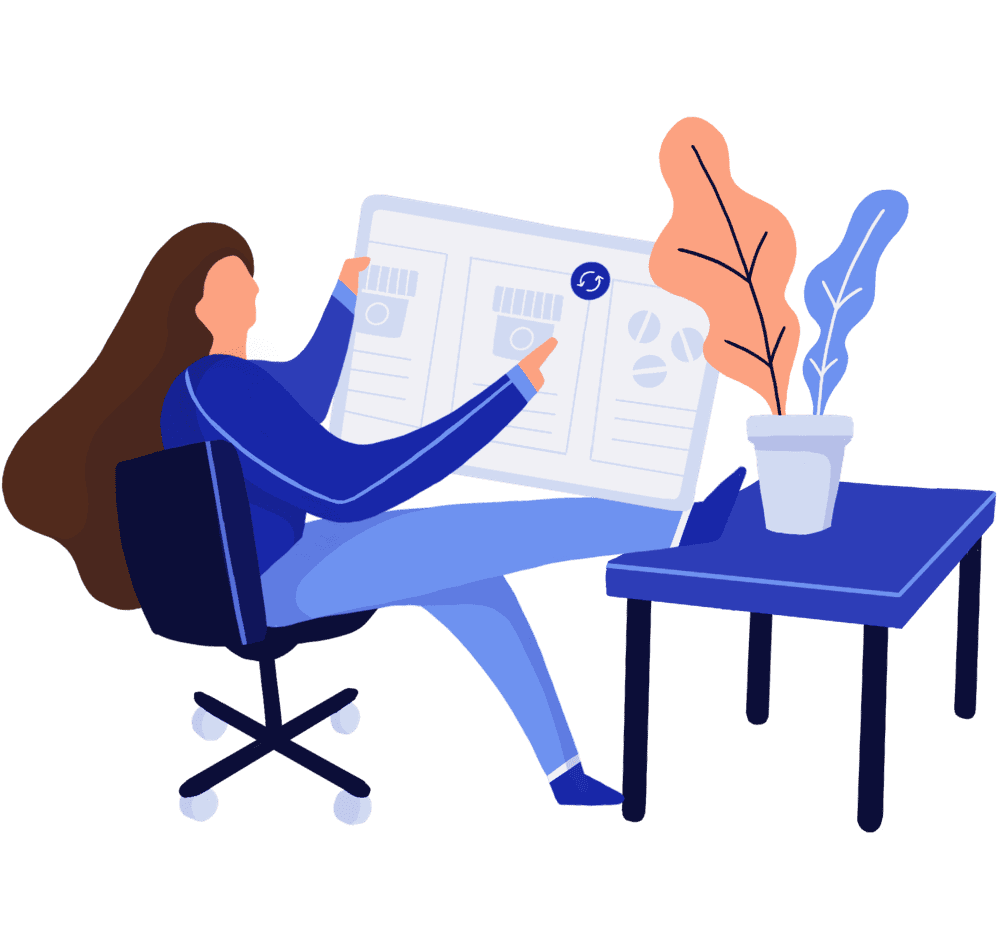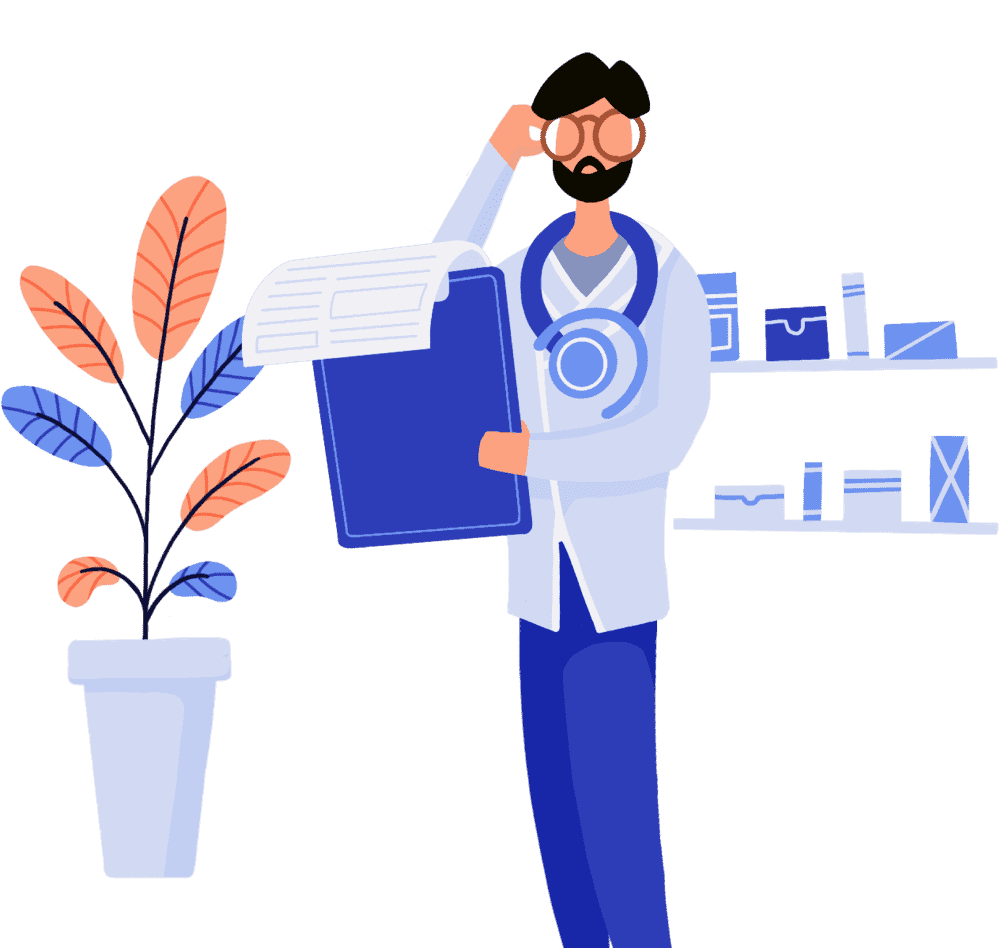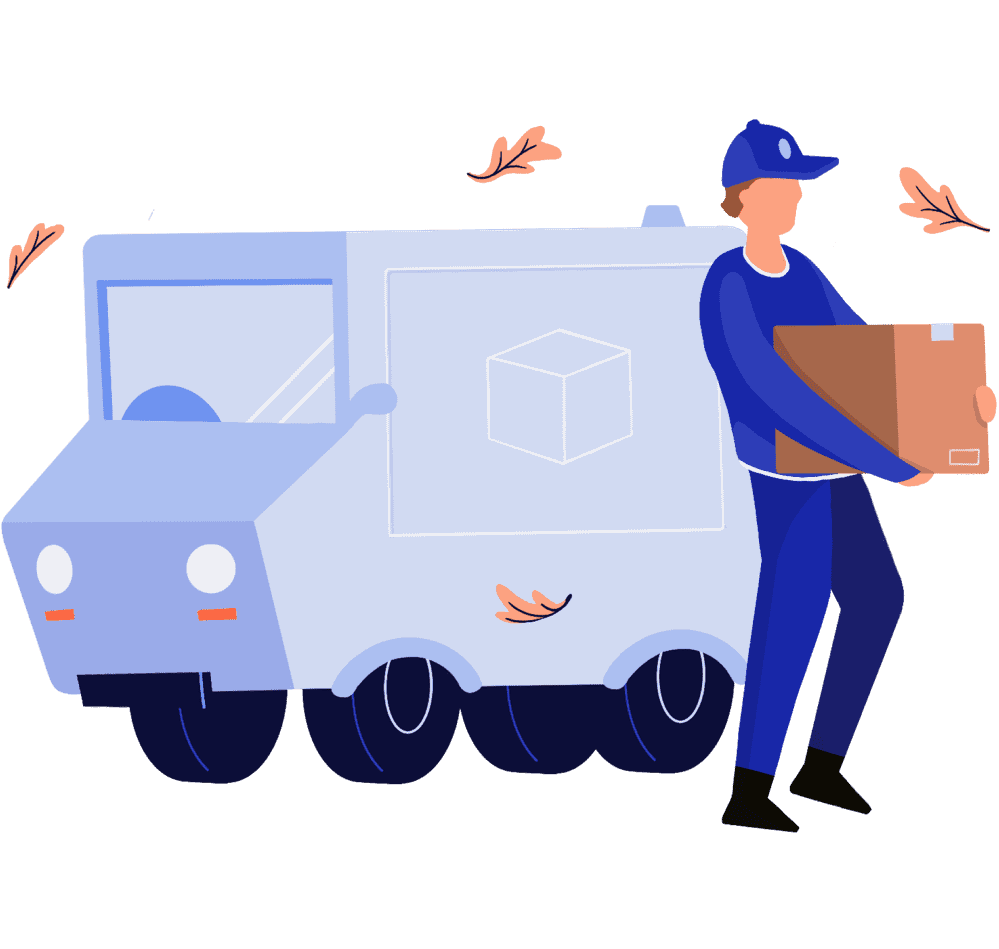Recharge your cells from within and enjoy 20% OFF NAD+ for a limited time only - shop now
- Home
- Women’s Health
- Cystitis Treatment
Cystitis Treatment
Cystitis is a common form of urinary tract infection (UTI), and usually affects women (although men can be affected too). It is not considered a sexually transmitted infection, however being sexually active can increase your chances of contracting it, and while Cystitis is not a serious cause for concern, it can cause pain and discomfort. Mild cases can often get better by themselves but if you experience the infection frequently then you may want to consider medication to help clear it up.
Offering effective results and a fast and friendly service, UK Meds has the options available to treat your Cystitis.
More Information
What is Cystitis?
Cystitis is a urinary tract infection (UTI) that is believed to affect most women at some point in their lifetime. Although it does affect men too, it’s more common in women because their urethra (the tube that urine passes out of your body through) is shorter and closer to the anus, so it’s easier for bacteria to cause infection.
This widespread UTI is especially common in women who are pregnant, postmenopausal or sexually active (although it is not a sexually transmitted infection). Cystitis usually causes symptoms such as urinating frequently (and experiencing pain or stinging when you do), a change in urine colour (and it may contain blood) and abdominal pain. It can also cause cold-like symptoms such as aches and pains, tiredness and even nausea.
The infection typically lasts for 4-9 days and can often go away by itself, however most people prefer to treat Cystitis medically as it can disrupt day-to-day life and cause pain, discomfort and inconvenience (from going to the toilet frequently).
What causes Cystitis?
There are many different forms of Cystitis so there are many different causes, but typically they fall into two categories; bacterial and non-bacterial.
Bacterial Cystitis occurs when bacteria works its way into the urethra and causes the infection, and this is the more common type. There are a number of ways in which this can happen, including toilet habits and hygiene, which is why women are always advised to wipe from front to back, to minimise the risk of bacteria being passed from the anus to the urinary tract. Tight underwear can work in the same way; wearing thongs can spread bacteria too.
Another very common trigger is sexual intercourse, which is why women are urged to urinate after sex, to flush any potential bacteria away. It’s also important to properly empty your bladder each time you go to the toilet, as not doing so can again increase the amount of bacteria and lead to an increased risk of Cystitis. Diabetics are at a higher risk of contracting a UTI, as the sugar in their urine can mean that bacteria is able to grow more easily. If you already have an untreated sexually transmitted infection (such as chlamydia or gonorrhoea) then this can, in turn, trigger a UTI as well.
As well as bacterial causes, there are a number of non-bacterial ones too. Cystitis can often be caused by other medications or conditions; certain medicines can cause inflammation of the urinary tract as they leave the body through your urine, while existing conditions related to your kidneys or spinal cord can cause Cystitis as a side effect. Autoimmune diseases can be a cause of UTI’s (because the body mistakes the bladder cells for a foreign entity and attacks them), as can a Hypersensitivity to certain chemicals in bath oils, soaps and sprays.
How do I treat Cystitis?
Cystitis Tablets
Treatment of Cystitis is quick and simple using antibiotics such as Trimethoprim, clearing the infection in a matter of days. In addition to the antibiotic that actually clears the infection, you may also use painkillers to relieve symptoms (such as discomfort when urinating or abdominal pain).
As well as medication, there are a number of other factors that can contribute to easing Cystitis. The main one is staying hydrated; drinking plenty of water will help your body (and especially your kidneys) to flush the infection out. Although many people think that cranberry juice is especially good at this, there’s no evidence that suggests it’s any better than water. If you have had Cystitis in the past though and are trying to prevent recurrence, cranberry juice can be good for this.
Once the Trimethoprim has cleared your Cystitis, you may want to consider some lifestyle choices that could help to prevent it from returning. This includes staying hydrated and drinking plenty of water - 1.6 litres as a daily minimum. This does not include drinks like sugary fizzy ones, caffeine or alcohol, so try to stick with water for the most effective results.
It’s also important to wash carefully and pay close attention to your hygiene, avoiding any heavily perfumed soaps or lotions and wearing cotton underwear instead of more synthetic fabrics. If you find that you’re getting Cystitis regularly, you should shower instead of having baths, as this means the affected area is exposed to fewer chemicals over a shorter period of time.
Smoking and certain food and drinks could be triggering your Cystitis, so you may want to keep a log to identify potential causes. Sex and certain forms of contraception can also set off UTI’s and while it may not be practical to cut this out, you should ensure you urinate after sex and consider swapping your contraception if you’re currently using a diaphragm.
More Information
Medication delivered the next day from UK pharmacies



Choose the right treatment
From the comfort of your own home or out on the go, choose the treatment you require from our extensive range.
Complete an online consultation
A vital part of our process, your online consultation will be similar questions to that of a GP. Quick and easy, we guarantee privacy and confidentiality.
Delivered discreetly
One of over 100 of our partner regulated UK pharmacies will dispense and ship the treatment to you in discreet packaging.
Rated out of 5 on 
excellent
Very good
excellent reliable service at all times
First class service.
Rated 4.6 out of 5 based on 6919 reviews
Here to help you
Our Customer Service is available Monday to Friday 9am - 5pm. If you need urgent assistance, do not use this service. Call 111, or in an emergency call 999. Visit our help section


